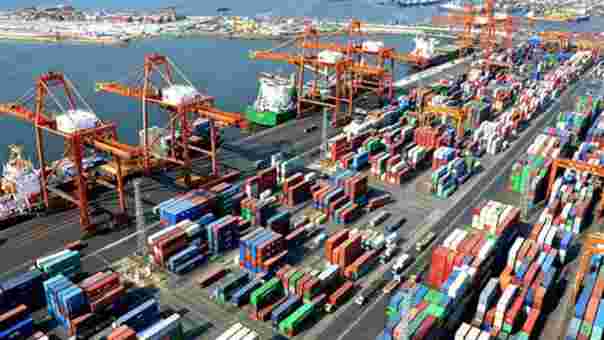Karachi, August 14, 2025 – The State Bank of Pakistan (SBP) has instructed all commercial banks to strengthen oversight on prices declared in trade transactions, introducing detailed due diligence measures aimed at combating Trade-Based Money Laundering (TBML) and Terrorist Financing.
The guidance comes as part of SBP’s newly released framework for managing risks associated with international trade.
Under the revised procedures, banks are required to implement robust systems to assess whether the prices of goods and services in trade transactions match their fair market value. For this purpose, institutions must draw upon reliable sources, including chambers of commerce, local and international commodity exchanges, customs valuation rulings, the Ministry of Commerce, the Trade Development Authority of Pakistan, daily newspapers, and their own historical price data.
Price verification is to be conducted before any trade transaction is executed. In rare cases where pre-transaction verification is not possible—due to the absence of benchmark prices or other valid reasons—banks may conduct the process post-transaction, but no later than 45 days after approving financing or releasing payment to the exporter.
Banks must also define acceptable thresholds for price variances and outline the steps for additional due diligence when discrepancies arise. Transactions with price deviations exceeding these thresholds, or where misrepresentation is suspected, must be escalated to senior management for further review. If such variations are identified after the transaction, they will be treated as red flags requiring immediate investigation.
To ensure impartiality, the SBP has directed that price verification responsibilities be handled by a function independent of the bank’s business operations, staffed with experienced personnel who possess specialized expertise.
By tightening these controls, the SBP aims to ensure that transactions related to imports and exports are conducted transparently, reflect genuine market values, and are not misused for illicit purposes. The move is expected to bolster the integrity of Pakistan’s financial system while supporting fair and lawful trade practices across the banking sector.
